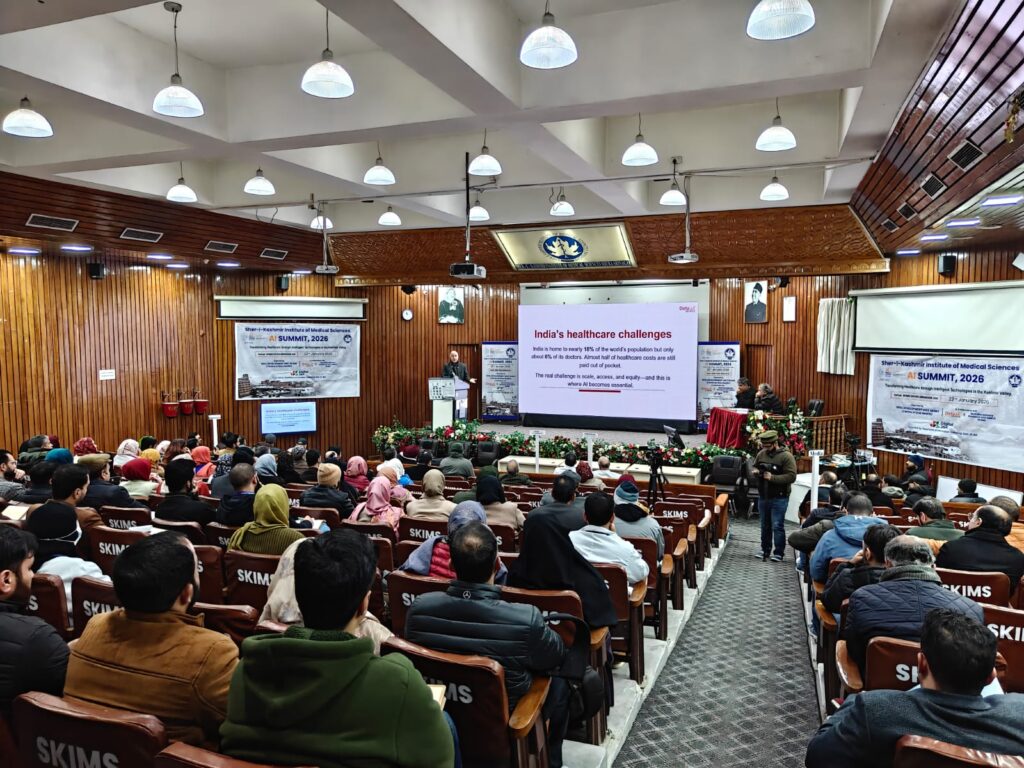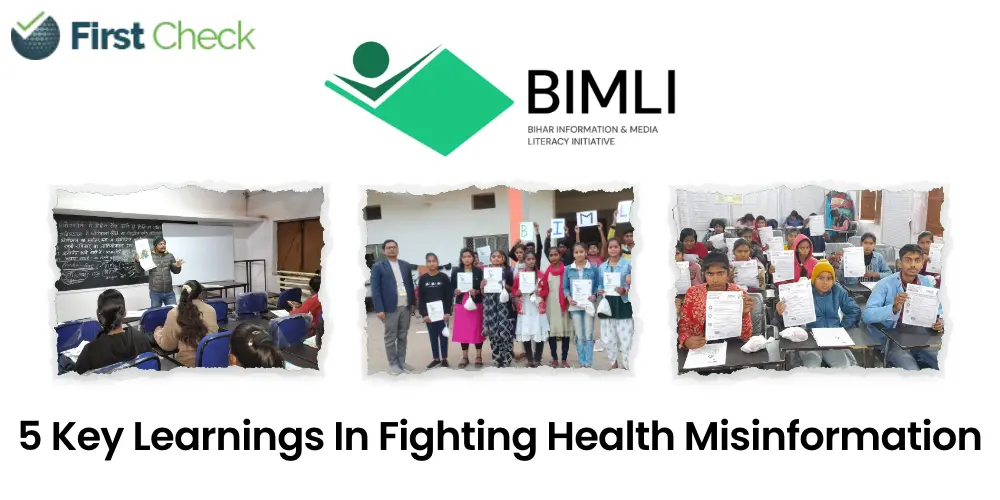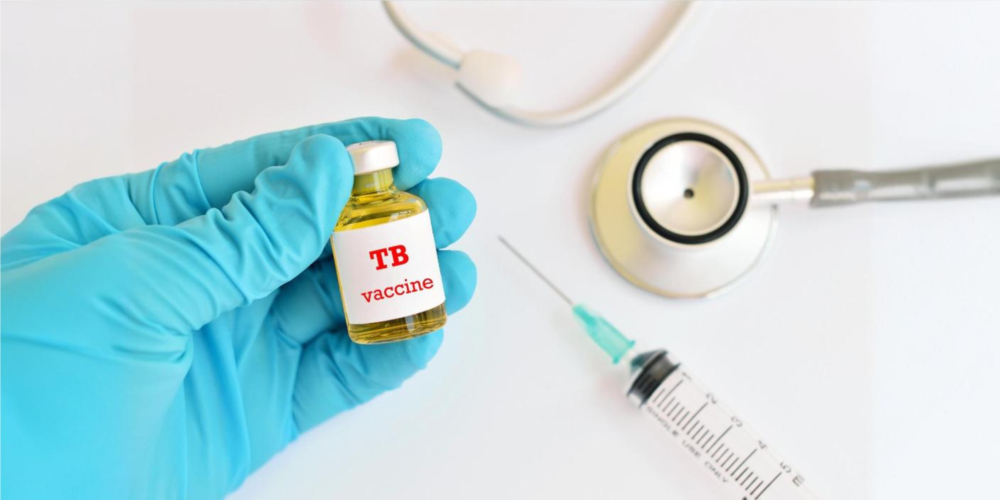Study: Depression & autoimmune disease are linked in new mothers, pregnant women
A groundbreaking study published in Molecular Psychiatry found that women with autoimmune diseases have a 30% higher risk of developing perinatal depression.
Author
Author
- admin / 1 year

- 0
- 3 min read

Author
Pregnancy and motherhood can be a beautiful time- the joys of pregnancy, the anticipation of welcoming a new life, the blessing of a child. However, it can also have a darker side that is rarely spoken about. Depression during pregnancy and immediately after giving birth, called the perinatal period, is a dark reality that is seldom spoken about, and now research shows that there is a direct link between autoimmune disease and the prevalence of perinatal depression.
A groundbreaking study published in Molecular Psychiatry found that women with autoimmune diseases have a 30% higher risk of developing perinatal depression. Conversely, those who experience perinatal depression are also at a 30% increased risk of being diagnosed with an autoimmune disease later on.
Researchers analysed data from over 1.3 million pregnancies in Sweden, focusing on the experiences of 55,299 women diagnosed with Perinatal Depression. They uncovered startling evidence that women with autoimmune diseases are not only at a higher risk for experiencing perinatal depression but that those who face depression during pregnancy might also be more susceptible to autoimmune disorders later on. This interlink raises essential questions about how we approach maternal health and highlights the need for a more integrated understanding of physical and mental well-being.
The study highlights that this connection remained significant even when comparing affected women to their unaffected sisters, suggesting that genetic and environmental factors shared among siblings do not fully account for the increased risks. Interestingly, the association was particularly strong among women without prior psychiatric conditions, indicating that the interplay between autoimmune diseases and depression may involve shared biological mechanisms rather than being solely influenced by existing mental health issues. For example, women with multiple sclerosis (MS) exhibited the highest risk, with a staggering 100% increase in the likelihood of developing perinatal depression.
Perinatal depression affects a significant number of women worldwide, with estimates ranging from 3% to 20%. It can have profound impacts not only on the mother but also on the child and family dynamics. The findings of this study underscore the importance of monitoring women with autoimmune diseases during and after pregnancy for signs of depression. Similarly, healthcare providers should be vigilant for autoimmune symptoms in women who have experienced perinatal depression.
The study delves into how pregnancy alters immune responses, which might explain the observed associations. During pregnancy, certain autoimmune conditions often improve, while others may worsen. These fluctuations in immune function could contribute to the development of perinatal depression, as the body navigates hormonal and physiological changes.










